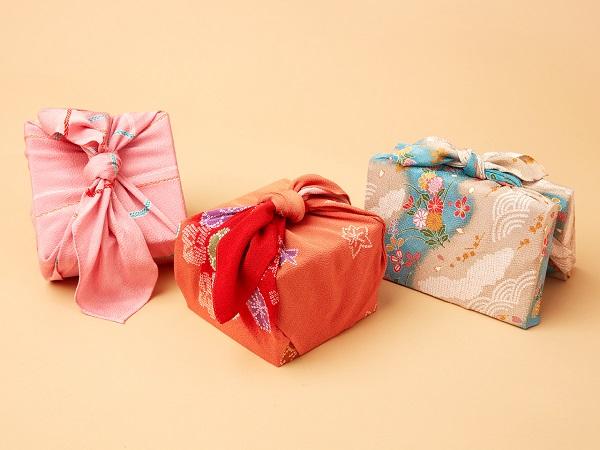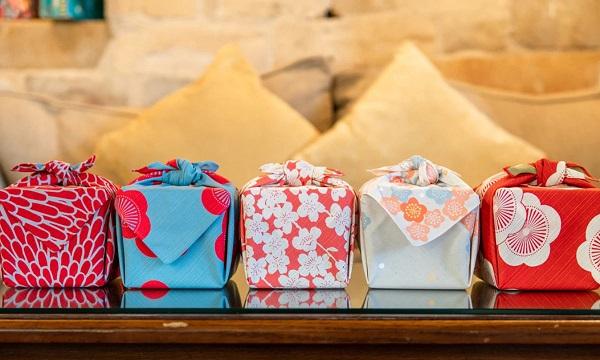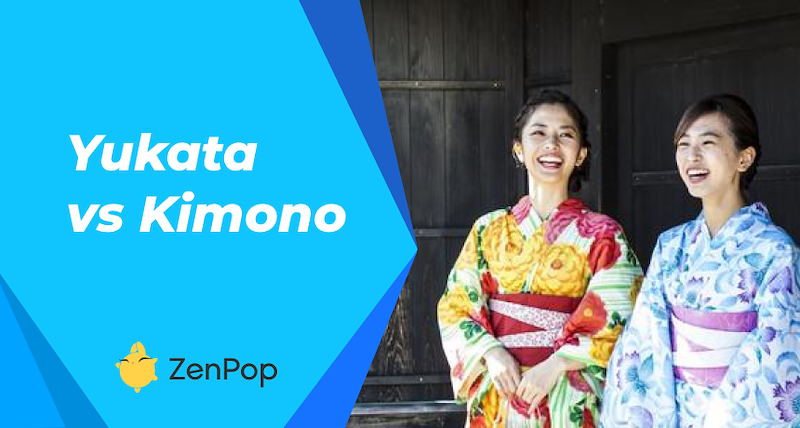
</title><meta name="robots" content="noindex"> Gift Giving in Japan vs Gift Giving in Western Culture
There’s a reason why giving gifts is one of the 5 love languages. It is not only integral to human communication as a part of social etiquette, it also makes the receiver feel love and appreciation. The act of gift-giving cuts across multiple cultures all over the world. You can hardly find any society without some form of gift giving rules. In Japan, there are some customs for gift giving that are completely different from western rules.
In this article, we will be comparing gift giving customs in western countries and in Japan. Gifts do not just happen to be shared between people for no reason. Most of the time, it is rooted in culture or the relationship between the giver and the receiver. You could learn a thing or two about these customs and apply them to yourself; however, you can check out some gift ideas to give your loved ones by reading our gift guide.
Differences in Gift Giving Customs
Although the Japanese folk and the Westerners are fond of gift-giving, the traditions that surround them are different. What might be acceptable in Japan might be considered rude in the West and vice versa.
Gift Giving in Japan

In Japan, almost any occasion is an excuse to give gifts. Anything notable, from weddings to housewarming and graduating. The Japanese even exchange gifts in businesses to show that deals have been finalized.
Unlike in most places, emphasis is placed on the ritual of gift-giving more than the value of the gift itself. Traditionally, the Japanese do not celebrate birthdays or Christmas, but recently there's been some influence from Western cultures, so don't be surprised to see people receive birthday gifts.
In Japan, gifts or souvenirs are called “omiyage” and they are bought when someone goes on a trip, it is not exactly a gift per say. If you want to know more about Japanese culture, you can check out our article on Japanese Omiyage.
Japanese Gift-Giving Seasons
Although people in Japan are not naturally given to celebrating birthdays and Christmas, they have special occasions set aside for giving gifts. These periods are 'Ochugen' and 'Oseibo.'
Gift Giving in Western Culture
In a place like the USA and the UK, the act of giving has a slightly different purpose from what is intended in Japan. The gift is given as an expression of love and consideration for the receiver. Emphasis isn't placed entirely on the cost of the gift item but its worth for the person who receives it and how much joy it brings them.
Gift Giving Etiquette
Gift Giving Etiquette Japan

- In Japan, presentation is as important as the gift itself. When giving gifts, the giver has to make sure that the gift is wrapped up nicely, usually in red and white ribbons to signify luck.
- After ensuring that the package is wrapped up nicely, another thing to take into consideration is whether the gift is being presented to an individual or a group. If the gift is meant for a group, then Japanese etiquette dictates that every group member be there before it is presented.
- If the gift is meant for an individual, then present it to them privately, away from everyone else's eyes.
- When presenting gifts in Japan, it is important that you do so with both hands. Whether you're receiving gifts or giving them, you're meant to use both hands. This shows appreciation, and it's polite.
- If you are presenting a gift to your boss and co-workers, your boss’s gift has to be more expensive.
Gift Giving Etiquette in Western Countries
Westerners tend to open the gift in the presence of the giver. The purpose of this tradition is so that the giver can see that the gift they have given is indeed appreciated by the recipient.
When gifts are received, it is customary to express pleasant surprise, shock, and gratitude, usually by saying, "thank you, I wasn't expecting this!" even if it was expected, or "I'm so happy, I've always wanted one of these!".
Gift Giving Taboos
Gift Giving Don’ts in Japan

- In Japan, giving or receiving gifts with one hand is considered rude. It is important to show modesty and humility by using both hands. Japanese folks do this regardless of whether or not they are superior to receiving gifts from a subordinate.
- Don't present gifts to individuals during a gathering. Either do so before the event starts or after it is over.
- Opening a gift in front of everyone in a group is also considered bad etiquette.
- Numbers are important. If your gift consists of more than one item, make sure it isn't four or nine. Those are considered unlucky in Japan.
- Avoid wrapping gifts with materials that have red colors. It signifies death and funerals. Red ribbons are acceptable as long as the whole package is not red.
Gift Giving Don’ts in West
- Don't give a gift that is too expensive. It might cause insecurity on the part of the receiver as they consider reciprocating.
- Another taboo is the color used in packaging the gift. Avoid black and white as these might signify death and funerals.
- Other forms of taboos that exist might be personal. It is important to do research before offering other people gifts for that reason.
- Gift-giving is arguably one of the most popular social etiquette in the world. A ritual is a form of communication that expresses itself on multiple levels, first as a reflection of the culture and then as the relationship between the giver and the receiver. Either way, gifts make everyone happy. Taking the time to pick up a gift for a loved one might also make you happy. And who knows? You might get a surprise of your own; happy coincidences do happen.
If you find yourself looking for a gift to send to your boss or friends, why don’t you try sending a ZenPop snack, stationery or ramen pack? Here at ZenPop Japan, we have monthly packs filled with amazing snacks and stationery from Japan. Click here to order yours!
This article was originally written by our freelance writer Umm-Kulthum Abdulkareem and edited by us.


